Crowds Long for Live Entertainment, but Barriers Remain
By Julie Zigoris
jzigoris@mail.ccsf.edu
With operations that draw together large and mostly indoor crowds, theaters and music venues have suffered enormously since the pandemic’s onset. And now entertainment establishments struggling to get back into business face fresh uncertainties with the Delta variant surging in San Francisco.
San Francisco’s health order, Safer Return Together, now requires proof of vaccination for those 12 and up to attend theaters and entertainment venues, and some establishments are hoping this will lure back audiences. Ben Bleiman, President of the Entertainment Commission in San Francisco that oversees everything from “Giants games to sushi bars” noted that most major music venues — like the Independent, the Bill Graham Civic Auditorium, and the Greek Theatre — had their own vaccine mandates even before the city instituted theirs.
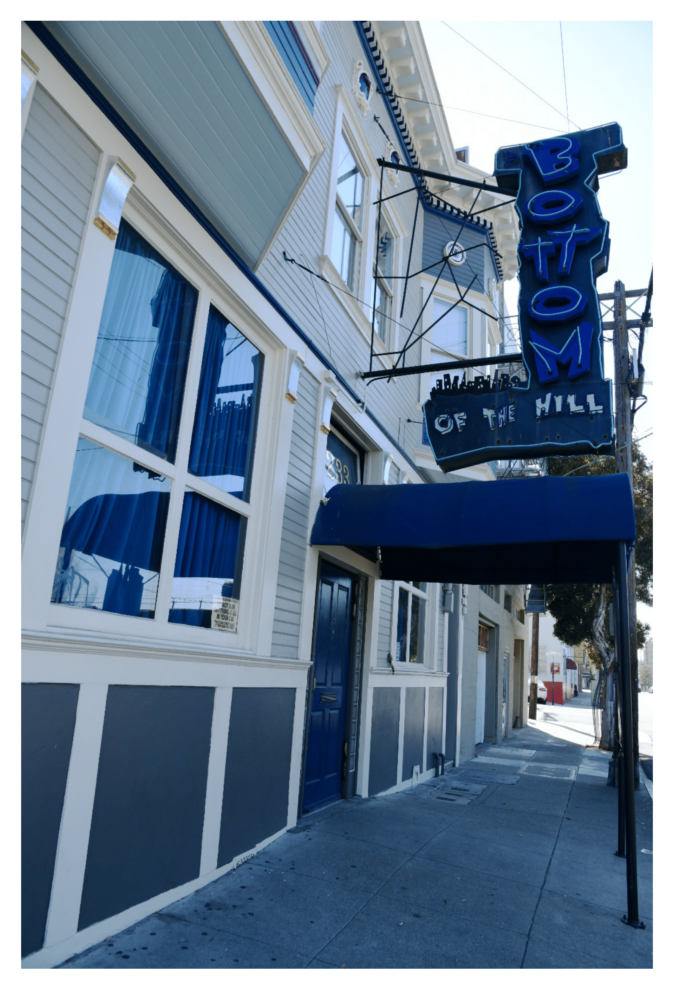
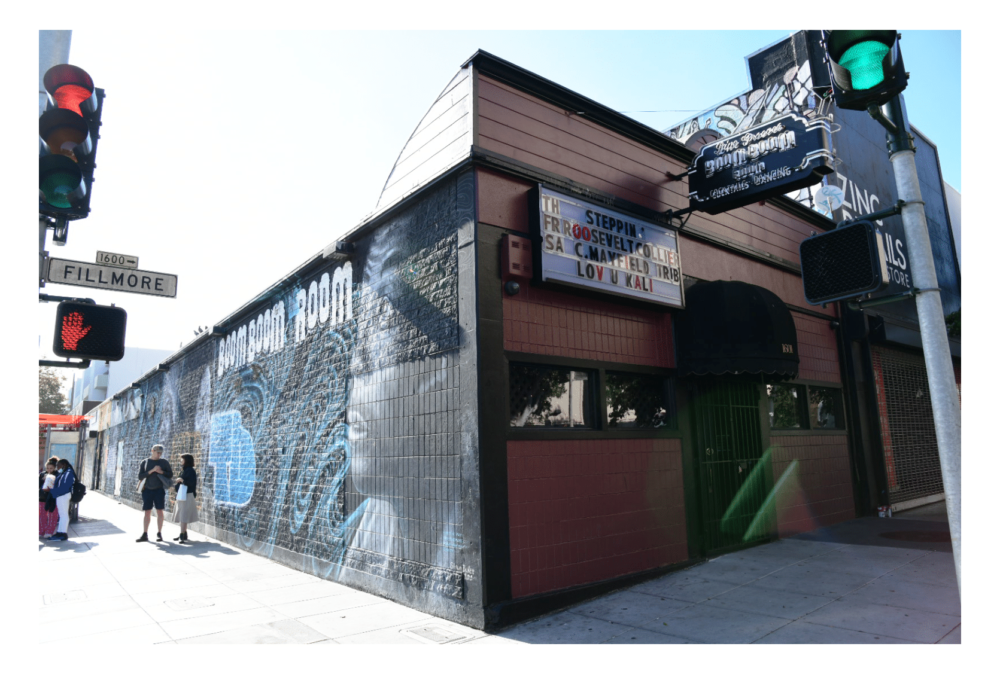
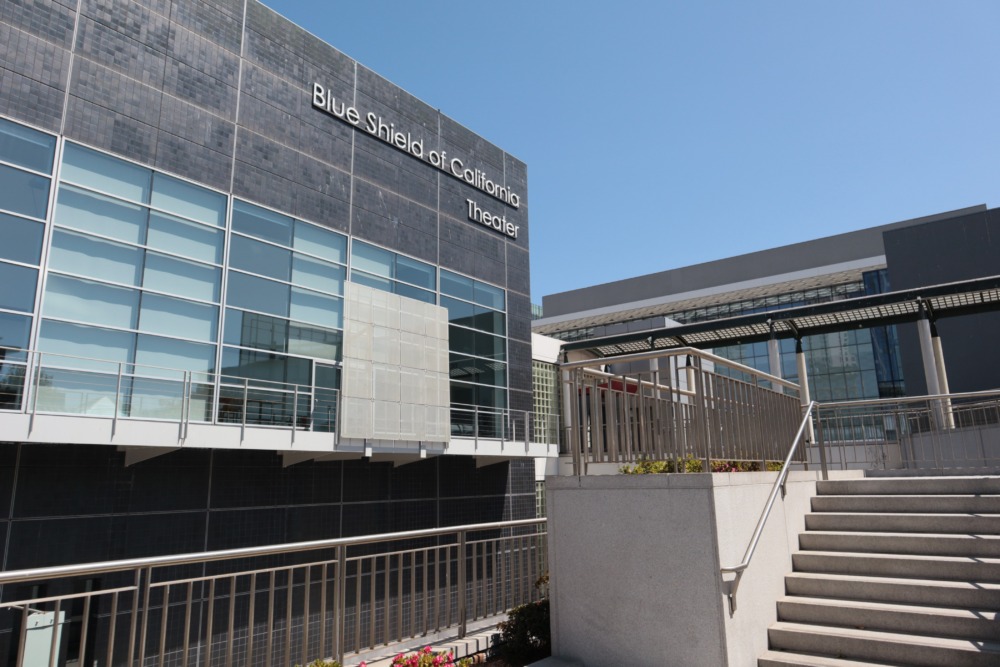
Guardsman
Bleiman, who stressed his views are his own and not the Commission’s, stated venues are “very, very, very happy” about the city vaccine mandate as it lifts the burden of decision making and enforcement from individual venues. Instead, they can say “sorry, it’s the law” to anyone who protests.
An owner of five bars and an events business in addition to his work with the Commission, Bleiman noted business “tanked” across the entertainment industry after the vaccine mandate, but not because of the mandate. “The reason we have the mandate is the same reason people were staying home — Delta.” Outdoor venues are now in high demand, and things across the entertainment scene are beginning to pick up again. The concert industry is “feeling optimistic” according to Bleiman, and people have the sense that “we need to live our lives again.”
Yet challenges remain. The theatre world, with its reliance on mostly indoor rehearsals and performances that draw people close together, faces continued uncertainty.
EXIT Theatre in San Francisco cancelled its highly anticipated Fringe festival slated to open in September after a rash of breakthrough cases among Bay Area theatres. Other venues are optimizing for flexibility: The San Francisco Playhouse promotes its 2021-22 season with the tagline “see it with a vaccinated audience” on their website, and the Playhouse is offering both in-person and streaming options for the season to maximize their flexibility.
Online options, though, often cannot substitute for their live versions. “Nothing replaces live sound and a live audience,” notes Madeline Mueller, concert pianist and Professor of Music at CCSF. During a recent opportunity to have her pianist group play in person after almost two years of gathering on Zoom, she was reminded of how beautiful acoustic sound is: “It’s just so special, and it reminds me of what we’re missing.”
Jennifer Bielstein, Executive Director of the American Conservatory Theatre (A.C.T) in San Francisco, remains “focused and optimistic” about A.C.T. ‘s season, which has been pushed back to January 2022. Similar to Bleiman, Bielstein noted the vaccine mandate is “helpful right now — it’s giving confidence to people.”
Yet Patricia Miller, Professor of the Performing Arts at CCSF, acknowledges there’s a certain hesitancy about “sitting cheek by jowl with others” in light of the Delta variant’s surge. Miller claims it’s the smallest operations that are suffering the most — any company with less than 500 people simply doesn’t have the money to revamp. Large venues like the Warfield and Orpheum can pay to upgrade their facilities’ ventilation, noted Miller, and that’s why Hamilton and SF Opera are able to operate.
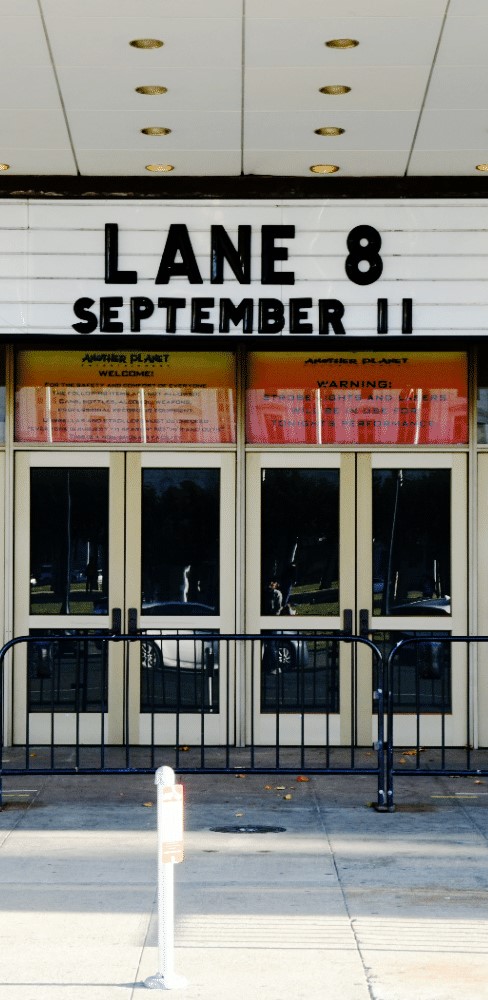
Guardsman
The lack of a small performing arts scene is a huge problem, according to Miller. The small companies are “the engine” of the theater scene — it’s where people step into the profession and get hired. If you’re in the business of training arts professionals, you want to make sure there is a career for them to go into.
The impact on individual artists and the arts more generally has been “devastating and decimating,” Bielstein noted, since artists are often freelancers who move from project to project. A.C.T has been delivering training and programs virtually to keep people employed, and Bielstein hopes that the theatre community can “continue to advocate for support — both for arts organizations and individual artists — because people’s lives have been torn apart.”
It’s particularly challenging for smaller theatres, noted CCSF Performing Arts professor Patricia Miller, many of whom have closed up shop permanently since the pandemic. “There’s no going back,” noted Miller. “There’s only something new.”
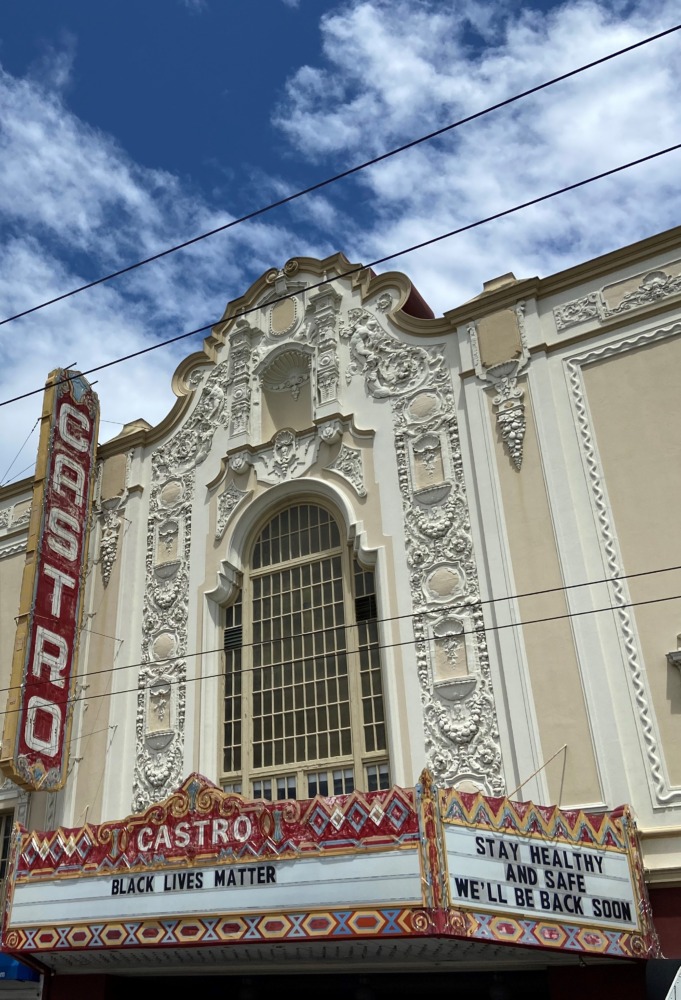
Some smaller theatre companies, however, have an advantage. Crowded Fire Theater, a BIPOC-focused company located in San Francisco, relies less on ticket sales as a source of income, making them more resilient to shuttered venues. In normal times, they host three productions a year — this year, they will be doing one. Yet they have not had to let anyone go thanks to a business model that relies on funds secured from foundations, the government, and individual donors. “The budget is a moral document,” said Mina Morita, Artistic Director of Crowded Fire Theater Company, “and we are reminding ourselves that without our artists, we are nothing.”
